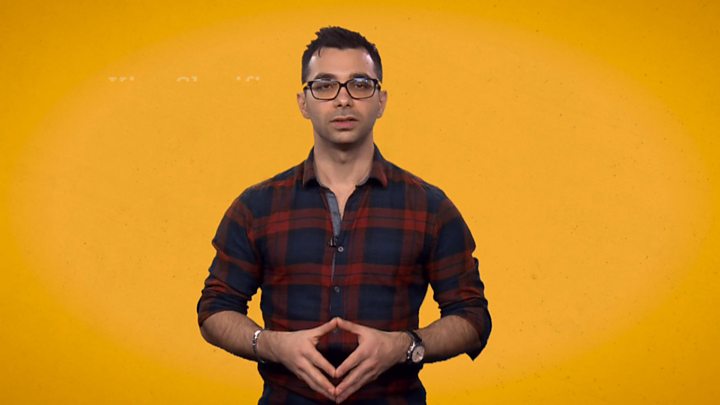
Media playback is unsupported on your device
Iranians are voting in elections in an exercise widely expected to result in a more hardline parliament loyal to the country’s supreme leader.
It is the first such poll since the US renewed sanctions over Iran’s nuclear programme, battering its economy.
Thousands of moderate would-be candidates were barred from running for not meeting strict election criteria.
Observers say authorities will be hoping for a high voter turnout as a sign of support for the regime.
Critics of Iran’s rulers have called on citizens to boycott the polls as a way of showing their opposition to what they say is widespread repression of human rights and intolerance of dissent.
The field of candidates running in the election is dominated by conservatives and hardliners, with the outcome likely to politically weaken President Hassan Rouhani, a relative moderate.
More than 7,000 candidates are vying for 290 seats in the parliament, known as the Majlis. It is part of Iran’s mixed system of democratic and theocratic governance, under which the Supreme Leader Ayatollah Ali Khamenei has the final say in the most important matters.
More than 16,000 contenders – including 90 mostly reformist members of the current Majlis – were disqualified from standing by the Guardian Council, a vetting committee loyal to Mr Khamenei.
The country has been at loggerheads with much of the West since an Islamic revolution in 1979 brought a radical Shia Muslim leadership to power.
Mr Khamenei said voting in the parliamentary elections was a “religious duty” which would show steadfastness in the face of US efforts to isolate and pressurise the country into changing.
Tensions between Iran and the US have soared since 2018 when President Donald Trump abandoned a multi-country agreement, which lifted sanctions in exchange for curbs on Iran’s nuclear programme.
Foreign powers suspect Iran of seeking to develop nuclear weapons, although Iran insists its nuclear activities are for purely peaceful purposes.
Hashtags
Divisions over the elections have become increasingly crystallised on social media, with Iranians expressing pro- and anti-government positions.
It is unclear how many Iranians will heed calls to vote, with many disenchanted by the state of the economy, as well the Iranian president’s failure to deliver on promises of improving civil liberties.
Recent crackdowns on anti-government protesters have also deepened opposition to the ruling classes.
Supporters of Ayatollah Khamenei have been posting under the hashtags “strong majlis” and “I take part because”, with one user tweeting “each vote is a bullet in the eye of the enemy”.
Anti-establishment Iranians, meanwhile, have been commenting under hashtags “I do not vote” and “no vote”.
“If our opinion was really important and it could change something, they would never ask for our opinion,” one critic tweeted.
Click Here to Visit Orignal Source of Article https://www.bbc.co.uk/news/world-middle-east-51570725

